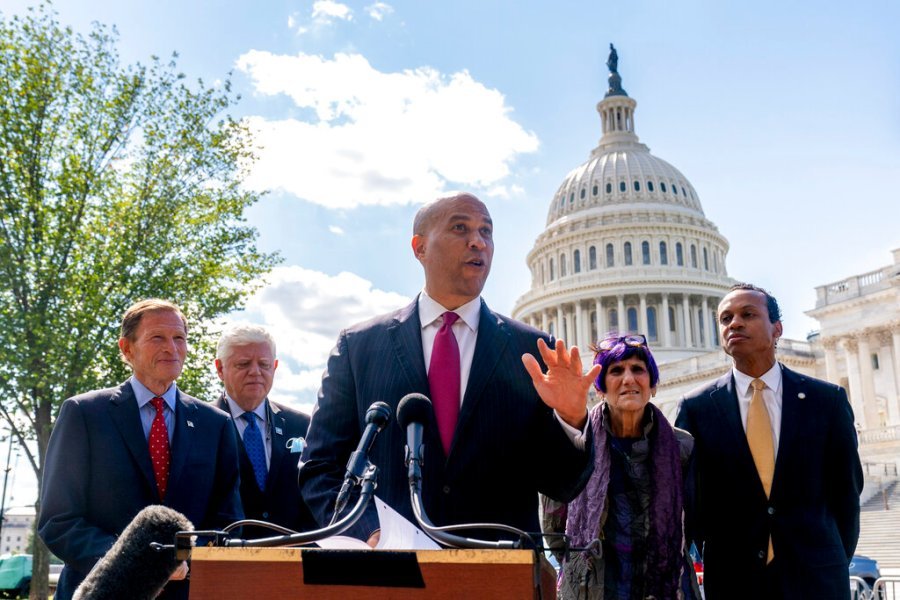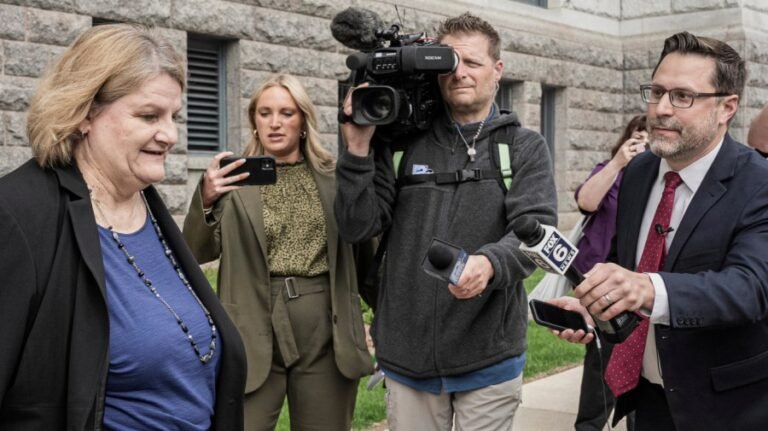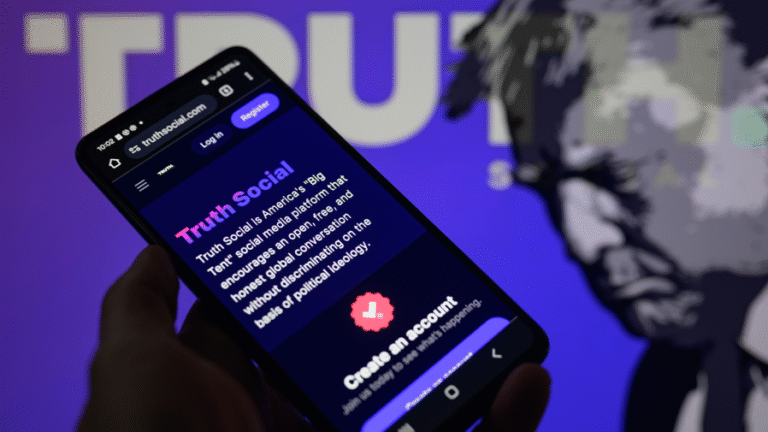
To encourage Americans to start families, the White House recently proposed baby bonuses, a policy where the government would offer one-time financial payments of $5,000 to parents upon the birth of a child.
With the cost of living rising, it’s clear Americans need economic support. Particularly for income constrained families, $5,000 could provide a near-term boost — maybe help pay for a year of diapers and baby formula. But what happens once the bonus runs out? Without wraparound supports, like quality education, affordable health care and pathways to meaningful employment, many parents will find themselves right where they started: stuck in a cycle of financial insecurity and unable to afford basic necessities.
Quick fixes, like a baby bonus, don’t work. This moment requires people-focused investments that are durable and both short and long term, so working people — and their kids and grandkids — can thrive in the years to come. The formula to make that happen calls for combining cash for today with capital for tomorrow.
One way our federal government can invest in “capital for tomorrow,” is in the form of baby bonds.
Baby bonds are a bipartisan, government policy in which every child would receive a publicly funded trust account upon birth that they could access at 18. The amount would vary based on household income, with children from working families or lower income backgrounds receiving more. This substantial start-up capital would allow young adults to pursue research-based wealth-building activities including home ownership, entrepreneurship, and debt-free college or training. In fact, legislative guardrails ensure the resources are applied only to these eligible purposes.
If we think of income as an essential flow of resources to support daily living, wealth is a stock or reserve of resources that buffers us from economic shocks and allows us to lead lives that are more fulfilling and self-directed. For most of us, income, hard work, and education aren’t enough to get us to this next level of prosperity.
Programs like the Child Tax Credit or a guaranteed income, similar to President Trump’s stimulus checks during the pandemic, are important “cash for today” provisions, keeping families afloat. But, to achieve real economic security and freedom over lifetimes, Americans need opportunities to build wealth.
Research shows that while baby bonuses may lead to a temporary uptick in birth rates, the effect often fades over time. Studies have also found that the cost of a baby bonus scheme would be substantial relative to any marginal increase in births, raising questions about whether the investment could create a greater impact if put into childcare, housing or education, instead.
Conversely, by establishing a strong foundation of capital for low-income individuals, the baby bonds program recognizes that we all have different starting points — and works to create a world where those facing economic barriers can access similar opportunities to those who are born into resources.
With bipartisan support, Connecticut became the first state to pass and fund a baby bond effort in 2023. This initiative provides $3,200 to every child whose birth is covered by the state’s Medicaid program. This seed capital is invested and carefully managed by the State Treasury. Beneficiaries can keep the funds in their accounts until age 30, with the value projected to grow to nearly $12,000 by the time the first recipients turn 18.
On the heels of Connecticut’s implementation, another 20 states — red, blue and purple — have either introduced or are seriously considering similar legislation. Another 11 baby bond pilot projects are also in the works, including in Vermont, Georgia, Missouri, New Mexico and Maryland.
Research suggests that a nationwide baby bond proposal (like the American Opportunity Act as introduced by Sen. Cory Booker (D-N.J.) and Rep. Ayanna Pressley (D-Mass.)) would significantly close the country’s extraordinary wealth gap and have positive effects on family wealth, student debt, home equity and retirement savings across gender, race and ethnicity.
A separate 2024 study by the Urban Institute found that a federal baby bonds program would decrease the share of people that take on student loans and reduce the total amount of debt held by student loan borrowers.
We know the ingredients needed to promote families, grow a vibrant middle class and build an economy that works for all of us: a combination of cash for today, capital for tomorrow and policies that make life’s essential needs, like health care and housing, more affordable. More than a baby bonus, this recipe will provide the base level of resources necessary to allow people the freedom to make the choices they want, such as starting a family, without worrying about financial survival.
In these times, wanting and being able to afford the American Dream are two different things. It will be family-first, wealth promoting investments like baby bonds — not just baby bonuses — that will get us there.
David Radcliffe, State and Local Policy Director, The New School’s Institute on Race, Power, and Political Economy


